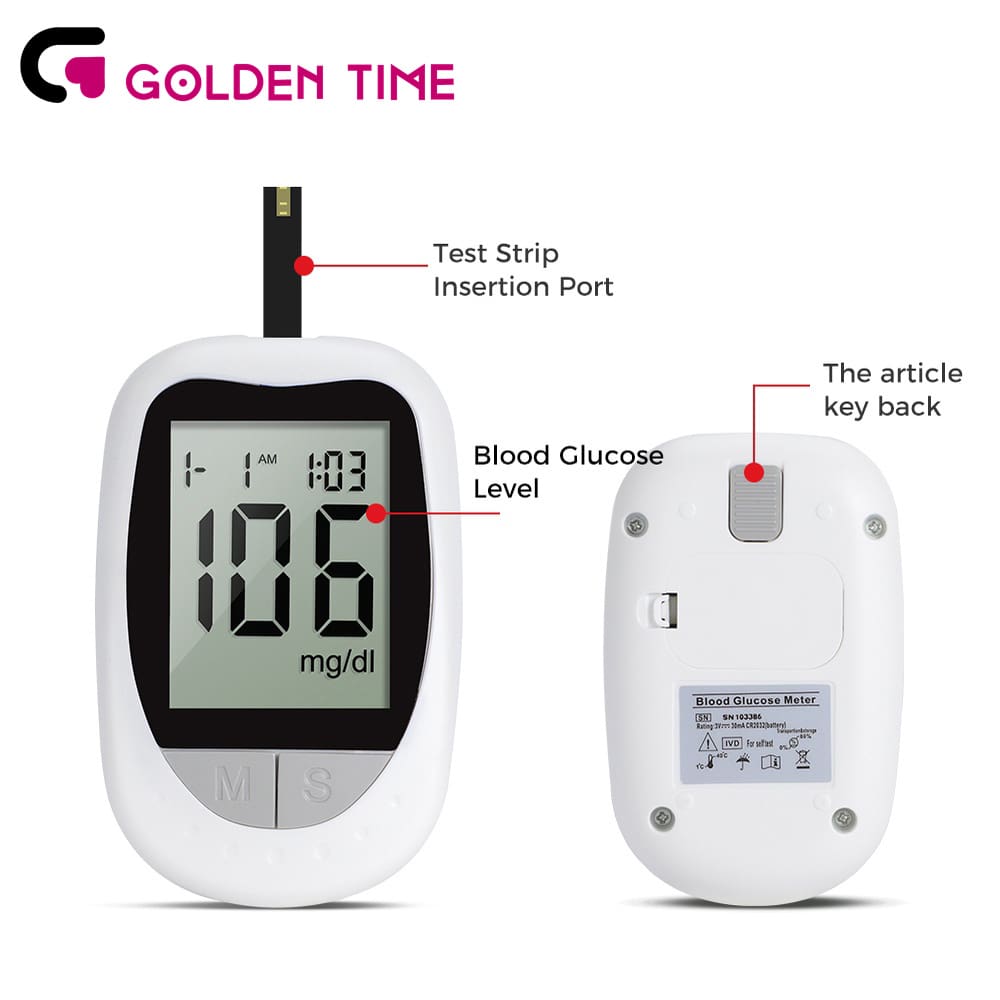Nov . 21, 2024 04:31 Back to list
china hbs antigen test
Understanding the Importance of the China HBS Antigen Test
The ongoing battle against hepatitis B virus (HBV) infection has become a significant public health issue globally, with the World Health Organization estimating that around 257 million people are living with chronic HBV infection. Among the various diagnostic tools available, the HBS antigen test plays a crucial role in identifying and managing hepatitis B infection, especially in high-prevalence countries such as China. This article sheds light on what the HBS antigen test entails, its importance, and its implications for public health in China.
The HBS Antigen Test Explained
The HBS (Hepatitis B Surface) Antigen test is a blood test used to detect the presence of the hepatitis B virus in the body. Specifically, it measures the surface antigen (HBsAg) of the virus, which indicates an active infection. If the test results are positive, it signifies that the individual is infected with hepatitis B and is capable of transmitting the virus to others. Conversely, a negative test result may indicate that the person has either never been infected or that they have cleared the virus from their system.
The test is essential in both acute and chronic cases of hepatitis B infection. For those with acute hepatitis B, the HBS antigen test helps in early diagnosis, allowing for timely medical intervention. For chronic patients, it serves as a vital monitoring tool, assisting healthcare providers in tracking the progression of the disease and the effectiveness of treatment options.
The Public Health Landscape in China
China has been significantly affected by hepatitis B, with the prevalence estimated to be around 6-10% of the population, making it one of the countries with the highest number of chronic hepatitis B infections. The government undertook a comprehensive vaccination program beginning in 1992, leading to a decrease in new infections among children. However, the prevalence remains high among adults, particularly in rural areas.
The implications of chronic hepatitis B infection are severe, as it can lead to complications such as cirrhosis, liver failure, and hepatocellular carcinoma, contributing to a high burden of liver disease in the country. Therefore, early detection through HBS antigen testing is vital for reducing morbidity and mortality associated with hepatitis B.
china hbs antigen test

Leveraging Technology in Testing
Recent advancements in medical technology have made HBS antigen testing more accessible and efficient. Rapid tests, for instance, allow for quick results, enabling immediate action where necessary. Mobile health applications are also emerging as tools to facilitate remote testing and management of hepatitis B, particularly in underserved regions with limited access to healthcare facilities.
Additionally, the integration of HBS antigen testing into routine health check-ups in high-risk populations—such as pregnant women, individuals with a history of intravenous drug use, and those with multiple sexual partners—can lead to more effective screening and early treatment. It is imperative for healthcare providers to raise awareness about the importance of testing, as a significant number of individuals infected with HBV remain unaware of their condition due to a lack of symptoms.
Challenges and the Way Forward
Despite the progress made, challenges still exist in the widespread implementation of HBS antigen testing. Stigma around hepatitis B, lack of awareness, and limited healthcare resources continue to hinder effective screening and treatment. The Chinese government has made efforts to address these issues through public education campaigns and improving access to healthcare services, but more work is needed.
The future of combating hepatitis B in China largely depends on enhancing testing initiatives, increasing public awareness, and promoting vaccination. Greater collaboration among government, healthcare providers, and communities is essential for fostering an environment where individuals are encouraged to get tested and treated promptly for hepatitis B.
Conclusion
The HBS antigen test is a fundamental tool in the fight against hepatitis B, particularly in a country like China, where the virus poses a significant public health challenge. By prioritizing early detection, improving access to testing, and increasing awareness, we can pave the way towards better management of hepatitis B infections, ultimately reducing their impact on public health and enhancing the quality of life for millions affected by this disease.
-
Reliable Early Pregnancy Test Kit Supplier - Multi Plastic Cassette Options
NewsJul.30,2025
-
Transferrin Rapid Test Cassette – Reliable Tumor Marker Detection
NewsJul.29,2025
-
Accurate Follicle Stimulating Hormone Test Kit | Rapid Reliable Results
NewsJul.29,2025
-
High Accuracy LH Ovulation Test Kit - Digital Results & Wholesale Options
NewsJul.29,2025
-
HbsAg Blood Rapid Test Kit for Fast & Accurate Hepatitis B Detection
NewsJul.28,2025
-
Sterile Urine Cup for Safe & Easy Collection | High-Quality Specimen Cups
NewsJul.28,2025

